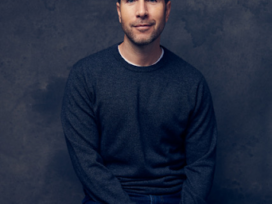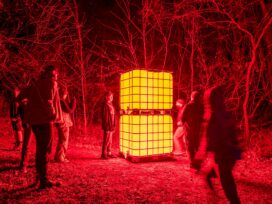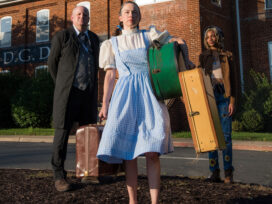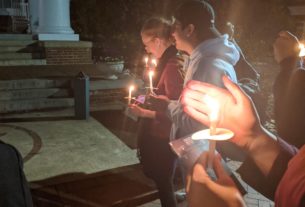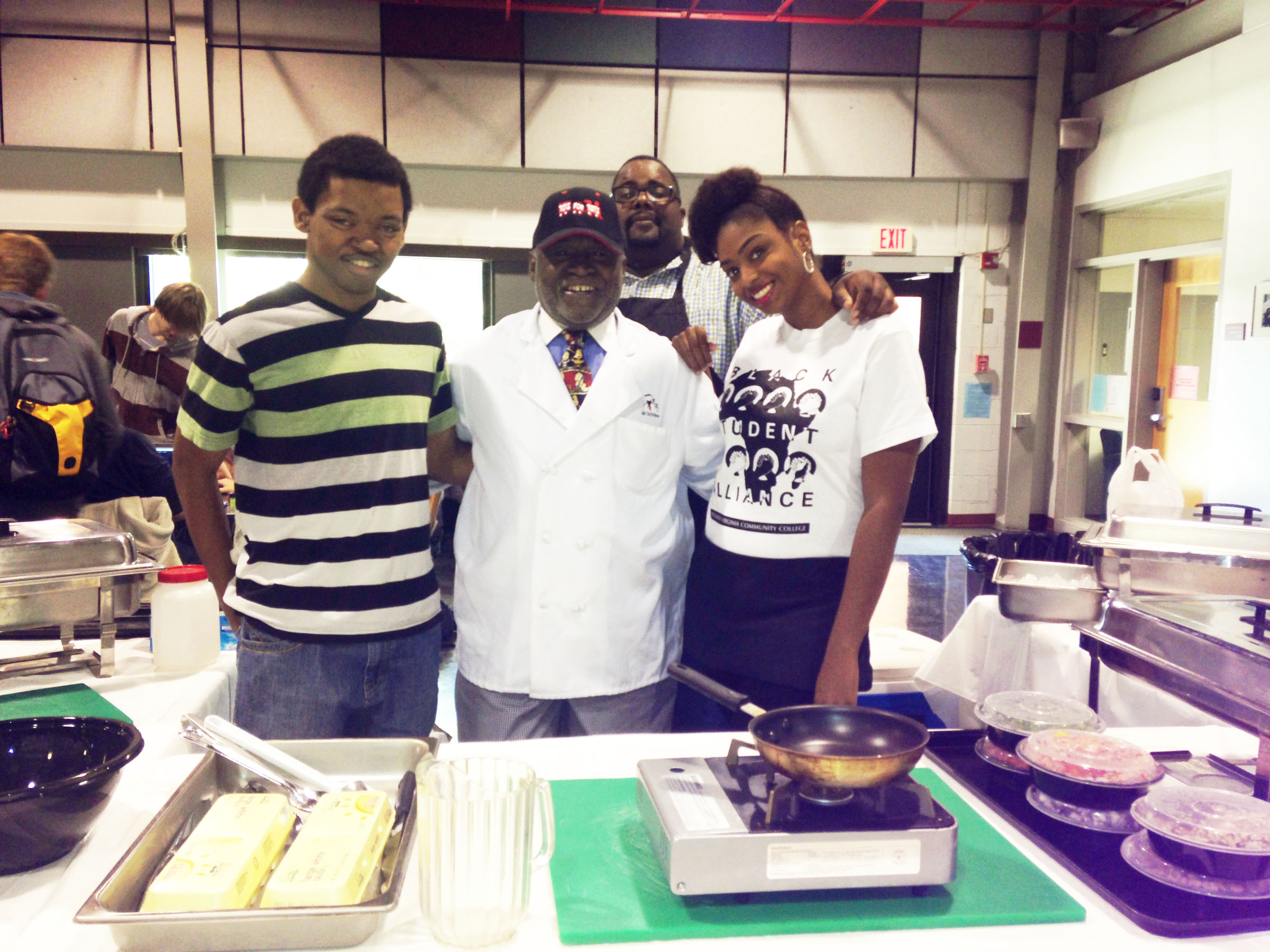
How to Have an Adventure
On Nov. 11, David G. Tatman offered a view on adventures that people seldom consider. After giving the definition of the word adventure from the Oxford English Dictionary, he gave his own definition of the word: “A journey there and back again that entails some risks.” Tatman’s lecture “How to Have an Adventure” was an exhaustive guide to properly preparing for and executing an adventure in a way that minimizes unnecessary risks.
Tratman gave simple tips on how to begin an adventure; the first step was to “dream.” He said magazines with lots of pictures area good place to start. Tatman went on to outline the necessary preparations and precautions that are relevant for any destination someone would choose for an adventure.
He covered a wide range of topics including what kind of clothes to pack, learning wilderness first aid, building up physical strength, tools for communicating in places where English is not spoken, the importance of having at least two passports, and how to find out which immunizations are needed for certain locations. Many of those who attended were surprised to learn that an American citizen can have more than one passport. Tatman also touched on how and why to choose the proper companion(s) for a trip.
Tatman also brought in a variety of items that he said are useful, especially if your adventure is mostly outdoors or in rural areas. He had many handkerchiefs; two of them had knot tying instructions from the Boy Scouts and Girl Scouts on them and one had basic wilderness first aid instructions on it. Tatman passed around compact survival books and what he called “Pointy-talkies,” a sort of brochure, published by Kwikpoint, with pictures which are used for communication between people who do not speak the same language.
“You don’t have to speak the language; just point to it,” said Tatman.
Tatman gave information about several resources that are useful in planning and preparing for a trip. He mentioned helpful websites and an insurance company that specializes in international emergency coverage that includes flights to the nearest hospital from remote areas.
“When somebody on an adventure tells you ‘hang on,’ you better hang on.” Tatman said before taking a rope from his bag. To demonstrate the importance of having upper-body strength, Tatman asked for volunteers. Associate Professor Colum Leckey volunteered Associate Professor Jorge Grajales-Diaz. Tatman pulled a chair over to Grajales-Diaz and told him to sit down as he handed him one end of the rope. Tatman gave the other end to Leckey and two other gentlemen who volunteered, and then he told them to pull Grajales-Diaz across the floor with the rope. Although the chair was not suited for sliding easily across the carpeted floor and Grajales-Diaz was pulled right out of the chair, Tatman’s point was clear.
Tatman covered nearly every area you could think of concerning travel and having the optimum experience. He gave lots of detailed, in-depth information in a simple and engaging way. The audience gave Tatman a hearty applause at the conclusion of his lecture and, no doubt, everyone left with valuable information and a different perspective on adventures to consider.


